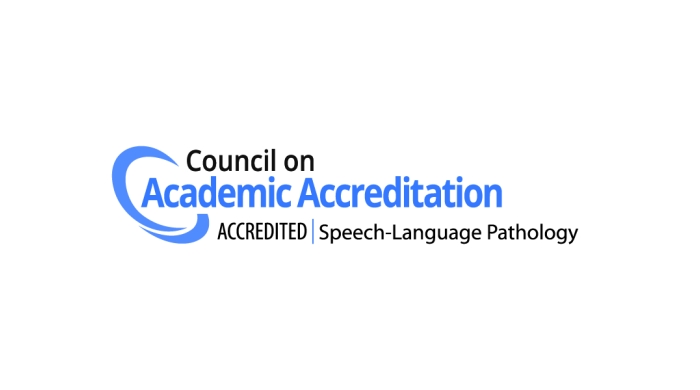
The master's thesis process provides an optional opportunity for students to work with a faculty mentor to develop and conduct original research. The product of the research process is the master's thesis, which is a scholarly paper in scientific format suitable for oral presentation and/or publication. A student will graduate with honors if their completed thesis is "Accepted" by the review committee and they have a GPA of 3.5 or higher.
Honors students are required to take the Praxis exam for licensure.
Starting Your Master's Honors Thesis
Watch this video to learn more about the process of joining a research lab, developing a project with your research mentor, and submitting your master’s honors thesis proposal.
Research Requirements and Process
- Proposal Development: The student and faculty mentor will determine the scope and feasibility of the proposed project. The student will prepare a proposal that is no more than 5 pages double-spaced with 1-inch margins (excluding the abstract, references, and any appendices). The proposal should include the following sections: Introduction/Background (a brief review of the relevant literature, the research questions to be addressed), Methods (the proposed methodology for answering those questions), and Expected Results. Strong proposals include motivation for why answering these questions will benefit the field. View this list of recently completed graduate honors theses for your reference and please use this template for both the proposal and the final thesis.
Research involving human subjects often requires prior approval through the University Committee on Activities Involving Human Subjects, which is a process that can take time. The student should factor UCAIHS approval into the timeline.
- Proposal Review: The student will submit the proposal to the Honors Thesis Coordinator at csd-honors@nyu.edu, who will coordinate the review with two faculty members. The review committee will determine if the proposal is "Approved," "Approved with Revision," or "Not Approved." This information will be conveyed to the applicant and faculty mentor.
- Thesis Format: The thesis should be approximately 25–40 double-spaced pages in length (including tables, figures, and bibliography) and in scientific format adhering to APA (American Psychological Association) guidelines. Required sections include a title page, abstract (200 words), Introduction, Method, Results, Discussion, Acknowledgments, Bibliography, Figure Captions, Tables, and Figures. Appendices can be included if necessary.
- Thesis Review: The student will submit the thesis to the Honors Thesis Coordinator at csd-honors@nyu.edu on April 15 (a year after the proposal was submitted). If an extension is needed, the student should write to the Honors Thesis Coordinator by March 15 to determine the timeline. The review committee will determine if the thesis is "Accepted," "Accepted with Revision," or "Not Accepted." The information will be conveyed to the applicant and faculty mentor.
- Thesis Presentation: The student will present the thesis at either a local, national, or international research conference (including proposals accepted for a conference to be held following graduation) or a department research event.
Course Work
Students must complete the following course requirements, which may count toward elective credits:
- Honors Research I (CSCD-GE-2424): two credits (Fall semester)
- Honors Research II (CSCD-GE-2425): zero credits
Application Process
To apply, students must submit the following documentation to the Honors Thesis Coordinator at csd-honors@nyu.edu. For full-time students who matriculated in the Fall, the deadline to submit is April 15 of your first year in the program. If you are on a different schedule, please contact the Honors Thesis Coordinator for information about deadlines.
- Master's thesis mentoring contract signed by your faculty mentor.
- Proposal: No more than 5 pages double spaced, 1-inch margins (excluding the abstract, references, and any appendices). The proposal should include the following sections: Introduction/Background (a brief review of the relevant literature, the research questions to be addressed), Methods (the proposed methodology for answering those questions), and Expected Results. Strong proposals include motivation for why answering these questions will benefit the field. Please use this template for both the proposal and the final thesis.
- Current transcript
- Resumé
Research and Labs
Learn more about our faculty's research interests and the exciting work taking place in their labs.
Explore Faculty Research

